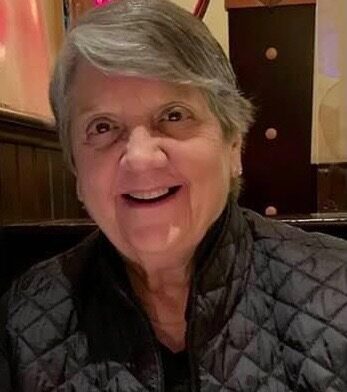Karen’s Korner,
As we age, not all seniors experience communication problems. We may slow down a little, and even get a little forgetful at times, but some of those times are a natural part of aging.
Dementia is a term used to describe a group of symptoms affecting memory, thinking and social abilities!
While dementia typically affects older adults, it is not a normal part of the aging process. Mild cognitive impairment, which causes memory and thinking problems beyond what’s normal for older adults, affects 10-15% of seniors
Dementia, at times, seriously affects a person’s ability to carry out daily activities. It makes it difficult for those affected to communicate and it directly affects cognition; the mental process of acquiring knowledge and understanding through thought, experience, and the senses.
“A fundamental concept to grasp is that the symptoms of Dementia often go beyond memory loss. They can include significant shifts in mood, more falls, disturbed gait (how we walk), and more. In addition, hallucinations, delusions, and paranoia are not uncommon.” (Dementia Society of America)
FIVE FORMS
- Alzheimer’s disease, the most common dementia diagnosis among older adults.
- Vascular dementia, the second most common type of dementia.
- Frontotemporal dementia, a rare form of dementia that tends to occur in people younger than 60.
- Dementia with Lewy bodies, a form of dementia caused by abnormal deposits of the protein alpha-synuclein, called Lewy bodies.
- Parkinson’s disease, a progressive disorder that affects the nervous system and the parts of the body controlled by the nerves.
- (Mixed dementia – Quick onset, quick demise)
Being aware of how the condition progresses can be useful because it can help you take steps to slow it down, understand what to expect, and prepare for it.





